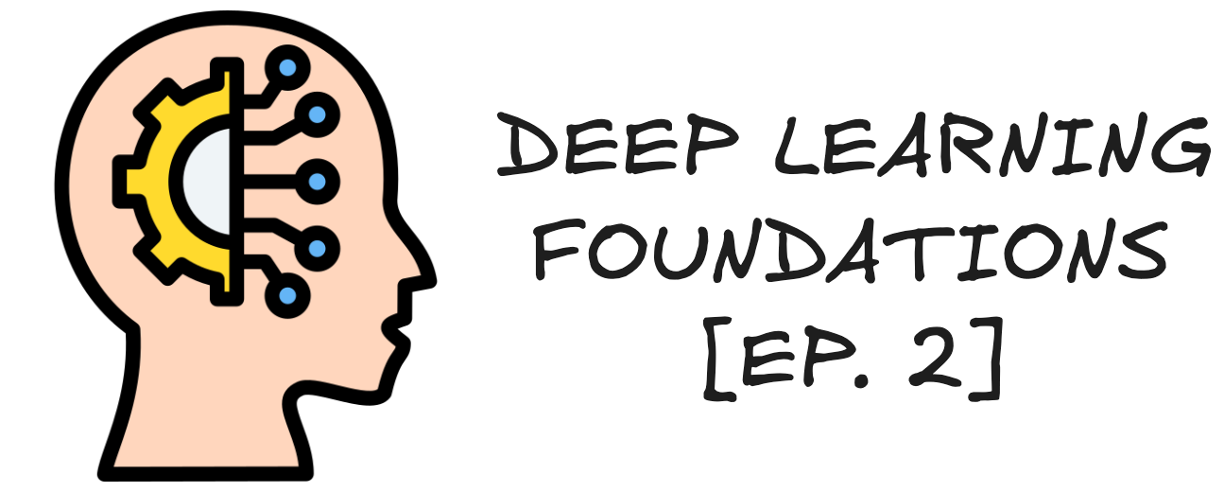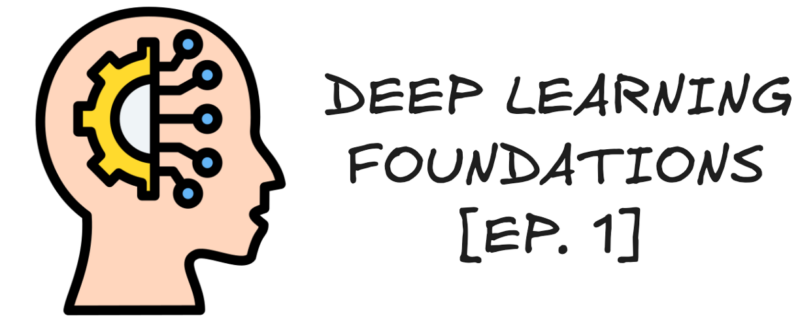Connecting the dots, one by one…
Knowledge isn’t just a destination; it’s a never-ending journey, a winding road paved with curiosity, deep dives, and the occasional detour into the unknown. This blog is not a mere collection of articles—it’s a space for exploration, where ideas take shape, concepts are unraveled, and the joy of learning is always in motion. Whether it’s a complex algorithm, a thought-provoking discussion on AI ethics, or the subtle art of optimizing code, every topic is approached with a mix of rigor and wonder.
But understanding goes beyond just knowing. It’s not enough to memorize definitions or follow trends; true knowledge is about asking the right questions, challenging assumptions, and connecting the dots between theory and real-world applications. Curiosity isn’t just encouraged here—it’s the fuel that powers every post.
From machine learning and data science to software engineering and beyond, this blog delves into the bits, the logic, and everything in between. It bridges the gap between abstraction and implementation, offering insights that go beyond the surface. Whether you’re here to decode an algorithm, discover a new approach, or simply indulge in the pleasure of intellectual exploration, you’re in the right place.
Knowledge thrives in discussion, in questioning, in the constant push to refine our understanding. So, as long as there are new ideas to explore, new challenges to tackle, and new perspectives to consider—this blog will continue evolving. After all, knowledge never sleeps.

Giuseppe Soriano
Software Engineer

